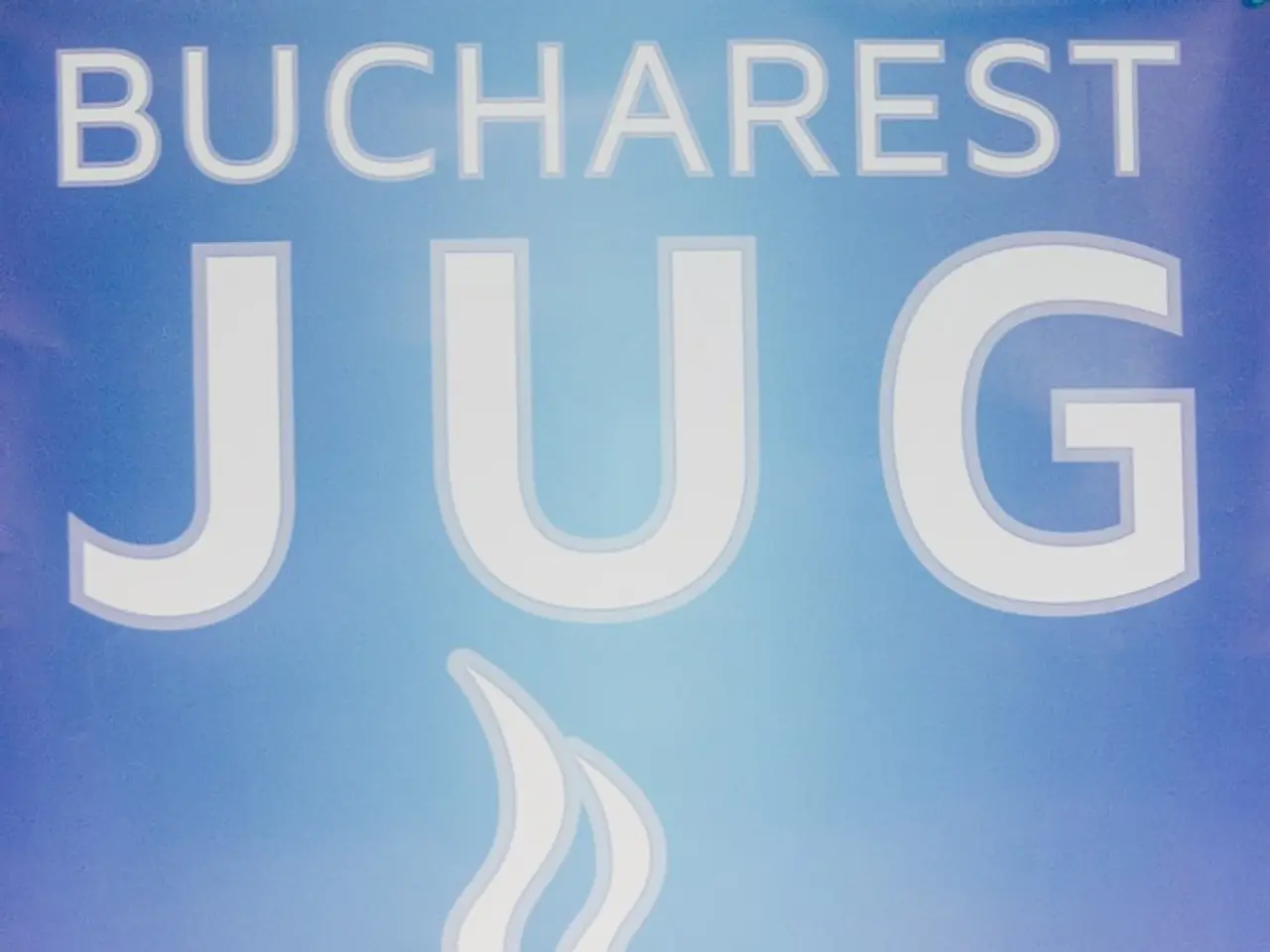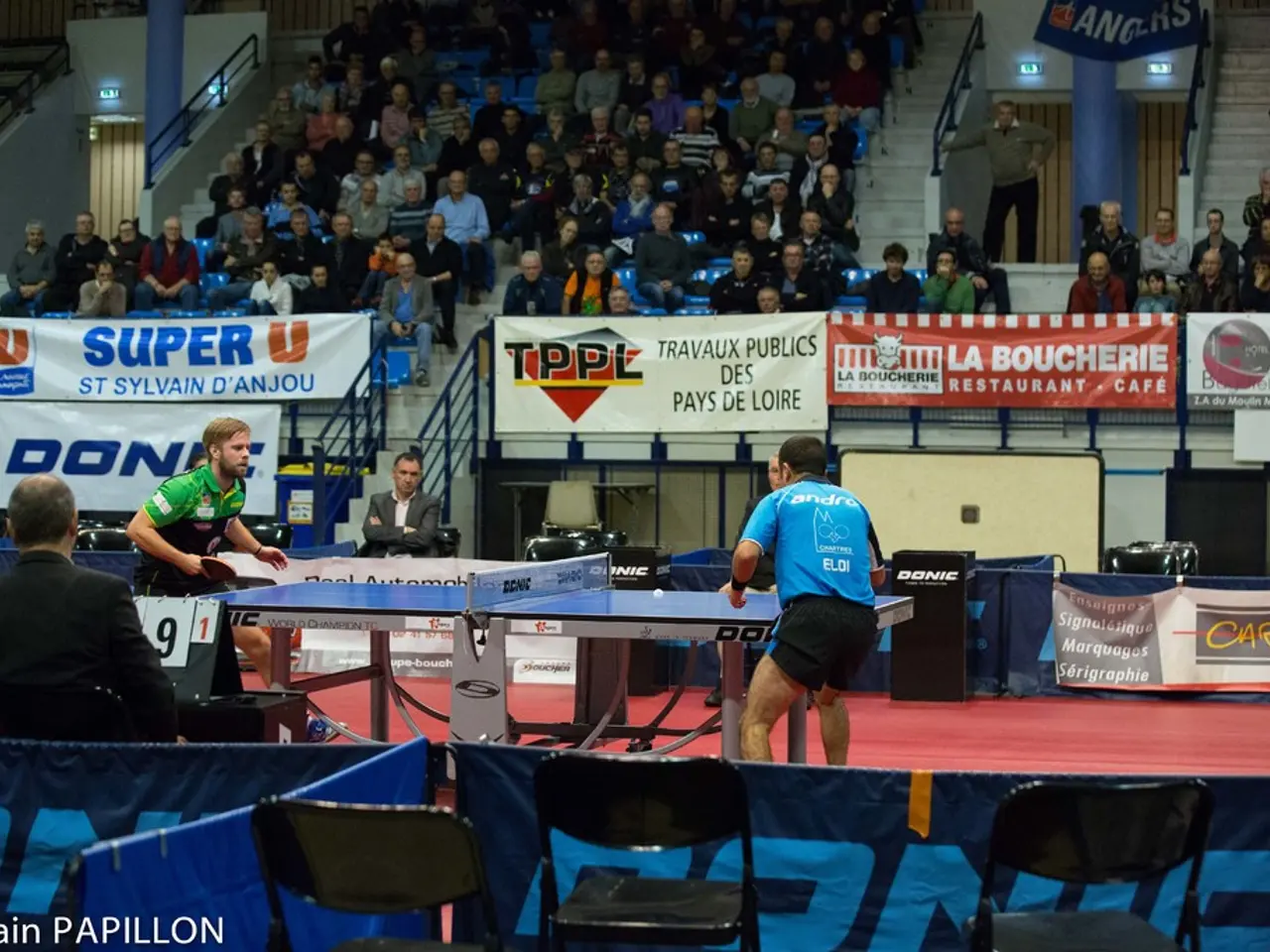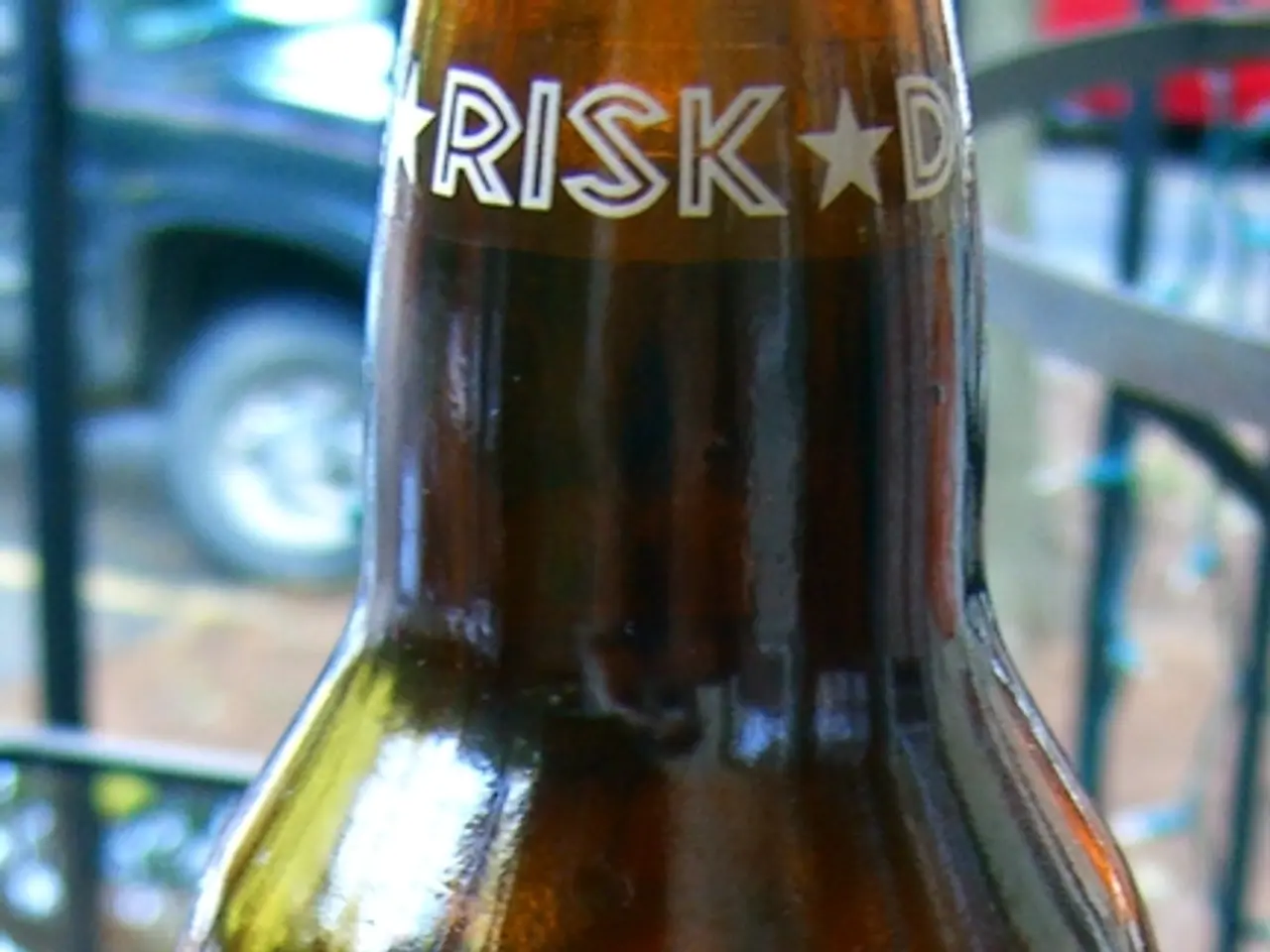Governor of Ohio voices objection to legalizing internet gambling
In the heart of the Midwest, Ohio is exploring the possibility of legalizing online casinos, despite Governor Mike DeWine's opposition.
The latest attempt to introduce online gambling in the state comes in the form of Senate Bill 197, which was introduced in May 2025. If passed, this bill would grant licenses to Ohio's four brick-and-mortar casinos and seven racetracks to offer online gaming, including online casinos, lottery, and horse-race wagering. The bill proposes substantial licensing fees and tax rates between 36% and 40%, depending on the platform[1].
Governor DeWine's stance against online casinos has been well-documented by local media. He has expressed concerns about the potential increase in gambling addiction issues and the potential harm to the land-based casino sector[3]. DeWine's opposition has played a significant role in previous bill failures, including Senate Bill 312 in 2024[3].
However, the momentum towards online gambling legalization remains strong. Ohio has already legalized sports betting starting in 2023, regulated by the Ohio Lottery Commission and Ohio Casino Control Commission[5]. Despite Governor DeWine's proposal to double sports betting tax rates in 2025, the broader gambling expansion including online casinos has faced obstacles[5].
The National Council on Problem Gambling has reported a decrease in the number of players spending beyond their means[4]. This, coupled with the success of sports betting in Ohio, suggests that the state could potentially reap significant benefits from legalizing online casinos, including boosting state revenue through licensing fees and taxes[1][2].
On the other hand, if opposition from DeWine and other lawmakers persists, the push for online casino legalization may stall or face modification to address regulatory or social concerns.
Meanwhile, Boyd Gaming, which operates online casinos in 11 states, has told lawmakers that their results have not been negatively impacted[6]. Ryan Soultz from Boyd Gaming has stated that making casinos accessible to everyone, 24/7, could benefit the company[6].
Not everyone agrees with Governor DeWine's stance on online casinos. Rep. Brian Stewart is a sponsor of the bill in the House of Representatives, advocating for the potential benefits of online casinos[2].
As the negotiations continue, the final outcome of the online casino legalization in Ohio hangs in the balance. If passed, Ohio could become one of the states with fully legal online casinos, providing legal and regulated options for residents and generating significant revenue for the state. If stalled, residents continue without legal online casino access but with legal sports betting and other gambling forms.
[1] Ohio Senate Bill 197 [2] Ohio House Bill 347 [3] Ohio Senate Bill 312 [4] National Council on Problem Gambling [5] Ohio Casino Control Commission [6] Boyd Gaming
- The exploration of legalizing online casinos in Ohio has encountered governor Mike DeWine's opposition, but the trend toward gambling expansion remains strong, given the success of sports betting in the state.
- Senate Bill 197, introduced in May 2025, proposes licensing for Ohio's casinos and racetracks to offer online casino games, lottery, and horse-race wagering, generating substantial fees and taxes for the state.
- Although Governor DeWine has expressed concerns about gambling addiction issues and harm to the land-based casino sector, Representative Brian Stewart advocates for the potential benefits of online casinos, such as increased state revenue and 24/7 accessibility.
- The National Council on Problem Gambling has reported a decrease in excessive gambling, suggesting that legalizing online casinos could provide legal and regulated options for residents while generating significant revenue for the state.
- The outcome of online casino legalization in Ohio remains uncertain, given the opposition from DeWine and other lawmakers, and any modifications to address regulatory or social concerns could play a significant role in its final form.




